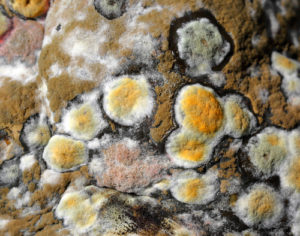Did You Know Mold Testing Has to Be Done by a Separate Firm?

Did You Know Mold Testing Has to Be Done by a Separate Firm?
Sloppy and ineffective removal of mold and fungus can end up making the problem worse instead of resolving it. New York is one of several states that have enacted training requirements to protect consumers.
New York Adds Strict Regulations for Mold Assessors and Contractors
Here are the significant points of the mold law that took effect in New York during the past year.
• As of January 1, 2016, anyone working in the mold remediation industry must be properly trained and licensed. This includes assessors, contractors and all of their employees.
• Any jobs involving mold remediation or disturbance must be reviewed by a licensed mold assessor at both the start and completion of the project.
• All mold removal and clean-up jobs must be conducted by a licensed remediation contractor.
• According to the mold legislation, anyone holding a license to perform mold-related services is specifically barred from conducting both the assessment and the remediation.
• Violations of the mold law can result in civil penalties that range from $2,000 to $10,000.
Stern Mold: The Leading Mold and Fungus Removal Service in NYC
If you suspect the presence of mold and fungus in your NYC home or business, you need a company that you can trust. Using our proprietary MoldExterm system, our friendly and professionally trained technicians usually take only one day to effectively solve your mold problem.
MoldExterm is a two-step treatment that removes mold from affected surfaces and then applies a patented polymer sealer to prevent mold from returning for up to five years. Contact us to schedule a free mold inspection and learn more about the MoldExterm difference.




